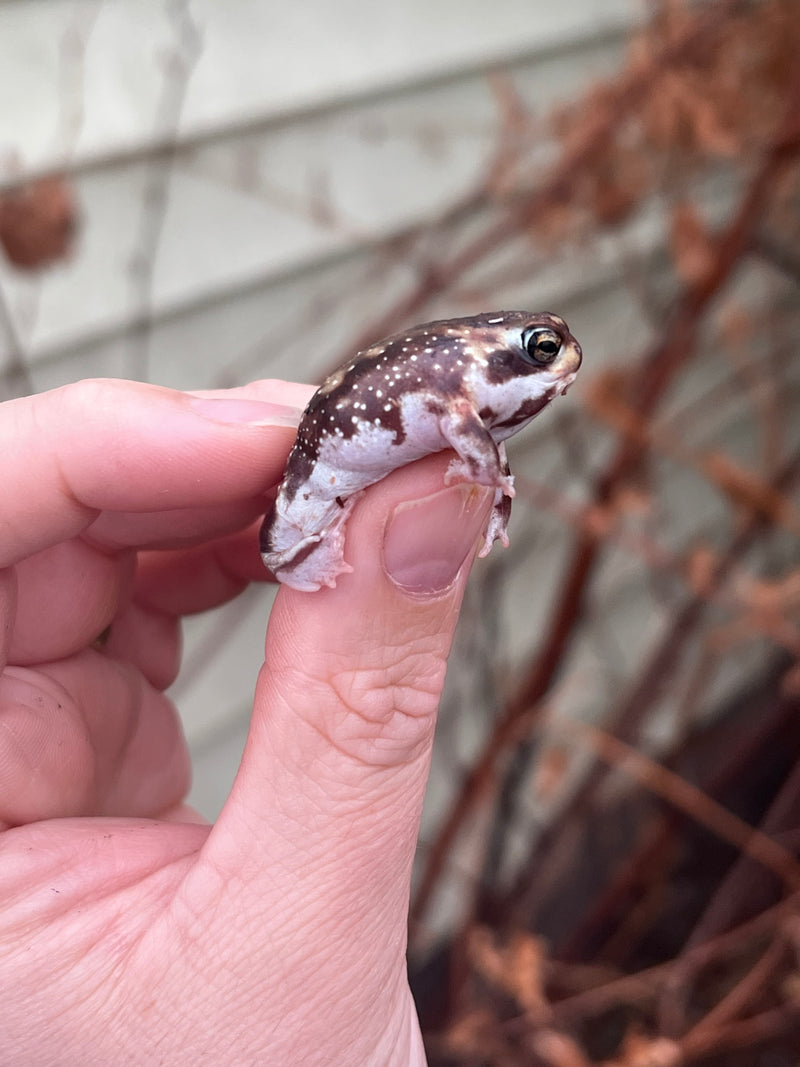Common Health Issues in Reptiles: Signs and Solutions
In the elaborate world of reptile care, understanding the common health issues that might affect these one-of-a-kind animals is critical in ensuring their well-being. From respiratory infections that can calmly take hold to metabolic bone conditions that can cripple, reptiles are at risk to a variety of disorders that require keen observation and timely treatment. Whether it's facing parasitical problems, browsing dehydration worries, or attending to skin disorders that manifest in refined ways, being attuned to the signs and outfitted with the understanding of reliable solutions is essential for any type of reptile owner. By diving even more right into the subtleties of these wellness issues and checking out the sensible remedies readily available, one can safeguard the health and wellness and vitality of these fascinating animals.
Breathing Infections
Respiratory system infections in reptiles can considerably affect their total wellness and call for prompt interest from seasoned veterinarians. These infections are generally triggered by bacteria, infections, or fungis and can show up via symptoms such as wheezing, nasal discharge, open-mouth breathing, and lethargy. In reptiles, breathing infections can be specifically challenging to identify and deal with because of their distinct anatomy and physiology. Veterinarians typically rely on a mix of physical assessments, diagnostic imaging, and lab examinations to accurately determine the underlying source of the infection.
Treatment for respiratory infections in reptiles usually entails a combination of encouraging care, such as maintaining correct moisture levels and temperature level slopes in the room, as well as targeted medication to attend to the details microorganism in charge of the infection. It is critical for reptile owners to check their pet dogs closely for any kind of indicators of breathing distress and seek vet treatment at the earliest sign of a problem. With prompt intervention and proper therapy, numerous reptiles can recover totally from respiratory system infections and resume normal activities.

Metabolic Bone Condition
What variables add to the growth of Metabolic Bone Condition in reptiles?
Metabolic Bone Condition (MBD) in reptiles is largely brought on by an absence of proper calcium, phosphorus, and vitamin D3 degrees in their diet plan. When reptiles do not receive appropriate calcium, either through their food or appropriate UVB exposure for vitamin D3 synthesis, they go to a high danger of creating MBD. Reptiles with diet regimens low in calcium or unbalanced calcium to phosphorus ratios are particularly vulnerable. Additionally, insufficient exposure to UVB light stops reptiles from synthesizing vitamin D3, which is essential for calcium absorption and bone health.
Various other adding elements to MBD consist of incorrect temperature gradients within the reptile's environment, resulting in reduced metabolic process and damaged calcium absorption. Inadequate humidity degrees can likewise impact a reptile's capacity to metabolize calcium effectively. In addition, certain reptile types have particular nutritional demands that, otherwise satisfied, can increase the probability of developing MBD. Normal veterinary check-ups, appropriate husbandry techniques, and a balanced diet plan are essential to protect against Metabolic Bone Illness in reptiles.
Parasitical Invasions
Parasitical invasions posture a substantial wellness threat to reptiles, impacting their total wellness and calling for timely vet attention. Reptiles can be affected by different parasites, including mites, ticks, inner worms, and protozoa. These parasites can trigger a series of symptoms, such as weight-loss, lethargy, skin irritability, looseness of the bowels, and also fatality if left neglected.
One typical parasite discovered in reptiles is the mite, which can create skin inflammation, anemia, and tension. Ticks are an additional exterior parasite that can cause and send conditions pain to the reptile. Interior bloodsuckers like worms and protozoa can bring about digestion problems, poor nutrition, and deteriorate the reptile's immune system.
To identify a parasitic invasion, a vet may perform fecal tests, skin scrapings, or blood tests. Treatment commonly involves deworming medicines, antiparasitic bathrooms, or in severe instances, hospitalization. Preventative steps such as normal vet check-ups, proper health, and quarantine procedures for new reptiles can help lessen the danger of parasitic infestations and make sure the well-being of reptile family pets.
Dehydration and Hydration Issues
Dehydration in reptiles can considerably influence their health and well-being, necessitating prompt treatment and ideal hydration management. Reptiles are prone to dehydration because of numerous aspects such as poor water intake, high environmental temperatures, and specific health and wellness problems. Signs of dehydration in reptiles consist of sunken eyes, lethargy, loss of skin elasticity, and decreased peeing. Dehydration can lead to serious health issues and also be deadly to the reptile - rain frog for sale. if left without treatment.
To prevent dehydration, reptile proprietors ought to make sure that their family pets have accessibility to clean water in any way times. The water meal ought to be large sufficient for the reptile to soak in if needed, especially for species that take in water with their skin. Additionally, preserving appropriate humidity levels in the reptile's room and providing regular baths can assist avoid dehydration.
In instances of dehydration, it is critical to seek veterinary treatment immediately. A veterinarian may carry out liquids either by mouth or with these details shots to rehydrate the reptile. It is vital to resolve the underlying reason for dehydration to stop reoccurrence and make sure the reptile's overall wellness.
Skin Ailments

Verdict

Respiratory system infections in reptiles can substantially impact their total health and wellness and call for timely his comment is here focus from knowledgeable veterinarians (rain frog for sale). Preventative actions such as routine vet examinations, proper health, and quarantine treatments for new reptiles can help lessen the threat of parasitical infestations and guarantee the well-being of reptile animals
If left neglected, dehydration can lead to significant health and wellness issues and also be fatal to the reptile.
Consistently examining your reptile for any kind of adjustments in skin color, look, or appearance can help in very early detection and treatment of skin conditions, advertising the total health and wellness of your flaky friend. - rain frog for sale
In conclusion, reptiles are prone to different health and wellness concerns such as respiratory infections, metabolic bone disease, parasitic invasions, dehydration, and skin disorders.